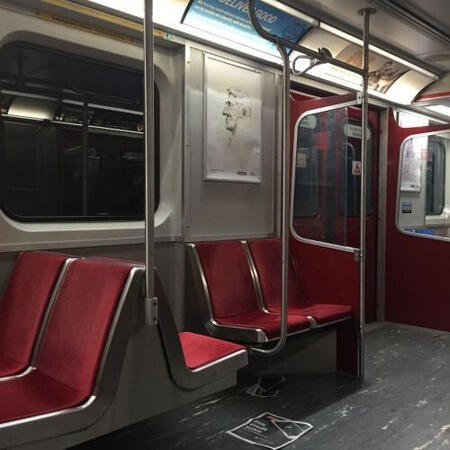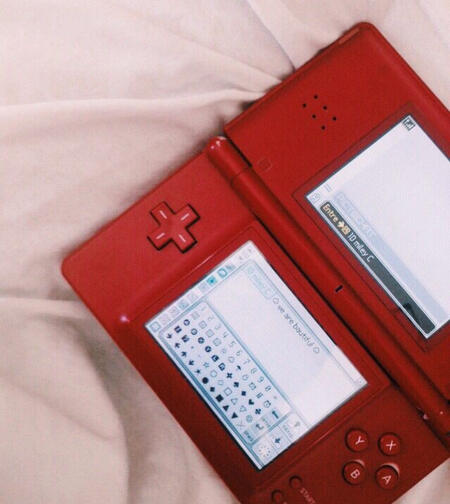NPD INFORMATIONAL CARRD

Please be warned that this carrd will contain themes of abuse, self harm, suicide, and ableism. Proceed with caution.
This carrd has been made by a system with NPD, we are going off ours and people we know's experience, but we are not a medical professional. Keep this in mind also while reading, and if you suspect you have NPD please do not use only this carrd to self diagnose, do your research!
WHAT IS NPD?

NPD, or Narsasistic Personality Disorder, is a Cluster B personality disorder.Some of the common symptoms are...
Inflated sence of self worth / importance
A need for attention and affection
Problems with showing / feeling empathy
Identity disturbance
Dependency and attachment issues
Although narcasism is often written about as simply a person being full of themselves and negatively impacting others there is alot more than that to having NPD.One truth alot of people tend to look past is that NPD is generally brought on by trauma, and often this is childhood trauma. This is why we need to break the stigma around NPD and start trying to help those who suffer from it. We aren't monsters, we've suffered and are suffering. We need help, not to be turned away due to something we can't help.
TYPES OF NPD

NPD has a few different types, variations of how the symptoms show and it's very helpful to be aware of this. The two main forms you'll find when looking are...
COVERT and OVERT
And they mean pretty much what they say. Overt narcissism is the one alot of shows tend to portray, ( Although badly alot of the time ) this includes narcs who are very obviously narcissistic. They openly believe themselves to be above people, or worth more and exhibit traits in a way that shows. Covert narcissism on the other hand is ignored most of the time, these are narcs who tend to internalise symptoms and not openly state what they think of themselves and others. This is usually because they are afraid to loose their sources of attention and praise, or even FP's ( Favorite Person. )While these two are separate categories please be aware that they arent set in stone, someone can experience both covert and overt symptoms of NPD and still be valid!
What we need to understand is that while not all narcasism is overt, as a covertly narsasistic system we struggled to accept that we had NPD due to the fact we we're never 'stereotypically narcissistic' and this is something alot of people with NPD struggle with. You would never want NPD, but knowing yourself is the first step to getting help and having covert narcasism never represented is harmfulThese things can also harm overt narsasissts, they're viewed by he general public and media as 'bad people' even though most narsasissts do not enjoy bringing others down or seeing themselves as above people but they are simply exhibiting their disordered traits. Our partner has overt NPD and th!?y work hard to make sure that people know they can tell th!?m when they've stepped out of line, to make sure that they can be the good people we know th!?y are.There need to be more open discussion about both types of NPD that dont shadow one type and demonize the other.
NPD TERMANOLOGY

When it comes to people with NPD theres some terminology that might be useful to know, whether to know what someone is saying or to avoid using it!
NPD - This is short for Narsasistic Personality Disorder and is used alot by people with the disorder to spare having to type the full name out all the time.
Narc - A term that is the word 'narcissist' shortened down. If you do not have NPD I do not reccomend using it as it's been used against people with NPD for years and is now just starting to be reclaimed by people who actually have the disorder. I wouldn't call it a slur bit it can be harmful for non-narcs to use and it makes many people with NPD uncomfortable when they do use it.
Non-Narcs - Someone who does not have narsasistic personality disorder, just shortened down for simplicity.
Narsasistic Meltdown - A term used for when someone with NPD gets overwhelmed by their symptoms and has a meltdown, this is more common in those who are comorbid with autism and it can play a role in the frequency of these meltdowns.
Narsasistic Rage - This is when a narcissist is triggered due to symptoms of their disorder and it results in violent anger, often this rage is uncontrollable and they may have to shut themselves off for a while to calm down.
Narc Abuse - This is a harmful term used in communities that demonize narcissistic people, the term is used against abusers by the abused as a way of armchair-diagnosing them with a personality disorder they probrably dont have. This term plays a huge part in demonising NPD and is completely bogus and ableist. Narsasissts can be abusive but it's not because of their disorder and it certainly doesnt mean all narcissists are abusive.
ABLEISM AGAINST NPD

While ableism is apparent against most mental disabilities and disorders it is especially clear against those with NPD. Due to the social stigma and demonetisation of the disorder many people with NPD prefer to never seek help, tell their support systems, or get diagnosed due to the fear that we could loose everyone for having a disorder that we can't control having.The very clear ableism against people with NPD comes in the form of media demonetisation of the disorder, removing it from its traumagenic origins and painting anyone with it as 'evil' and 'bad', this also happens online with the term 'narc abuser' being used to further push that narcissists are abusers by default when alot of narcs often are abused and are hurting. Many people with NPD will put themselves in spaces to be abused because while being hurt they are also getting the attention they crave from someone love bombing is very dangerous for a person with NPD and can be easily used to abuse and manipulate them.Many narsasissts will go on to harm themselves or even take their own life for the stress of being 'evil' to society. While negative attention is attention alot of people with NPD find negative attention has the opposite effect on them to positive attention. One makes them feel good and amazing and powerful and the other makes them feel lowly, disgusting and like they arent worth anything. This is why we really need to fix how NPD is represented. We need to help thos who are hurting, not make them worse.
THANK YOU FOR READING!

As much as I'd love to go on I am unfortunately running out of elements.However, thank you so much for reading this and taking time out of your day to be educated, we appreciate it whole heartedly.We hope you have a wonderful day!!